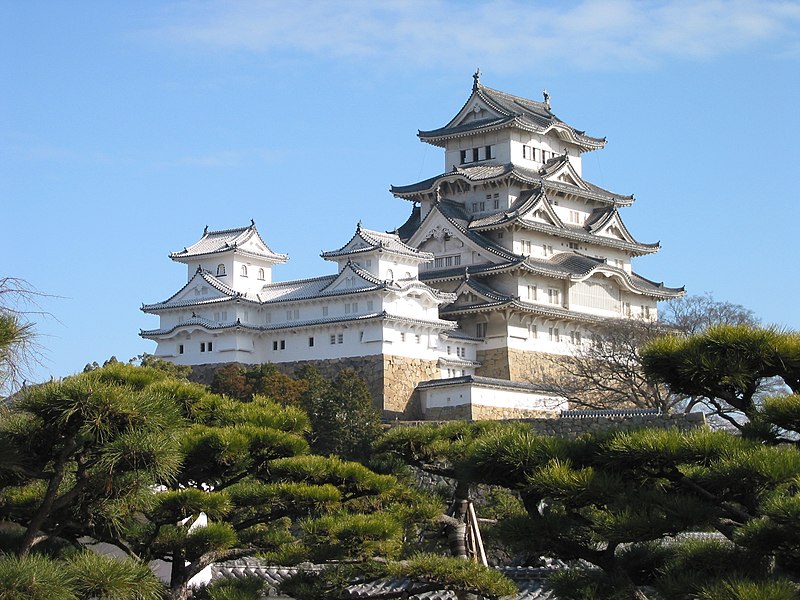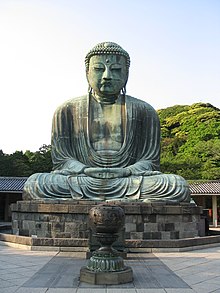The culture of Japan has changed greatly over the millennia, from the country's prehistoric Jōmon period, to its contemporary modern culture, which absorbs influences from Asia and other regions of the world. Modern Japanese people have an estimated 80% Yayoi and 20% Jōmon ancestry.

Japanese culture was influenced from ancient times to the Middle Ages primarily by multiple Chinese dynasties and to a lesser extent by other Asian countries. For example, one of the scripts for writing in the Japanese language is Chinese characters (kanji), but Japanese has no important genetic relationship with Chinese. Ever since the Meiji period, Japan has been primarily influenced by western countries.


Shinto and Buddhism are the primary religions of Japan. According to the annual statistical research on religion in 2018 by the Government of Japan's Agency for Culture Affairs, 66.7 percent of the population practices Buddhism, 69.0 percent practices Shintoism, 7.7 percent other religions. Minority Christian and Islamic communities exist. According to the annual statistical research on religion in 2018 by the Agency for Culture Affairs, Government of Japan, about two million or slightly 1.5% of Japan's population are Christians. Muslims (70,000) are made up of largely immigrant communities, as well as, though much smaller, the ethnic Japanese community.